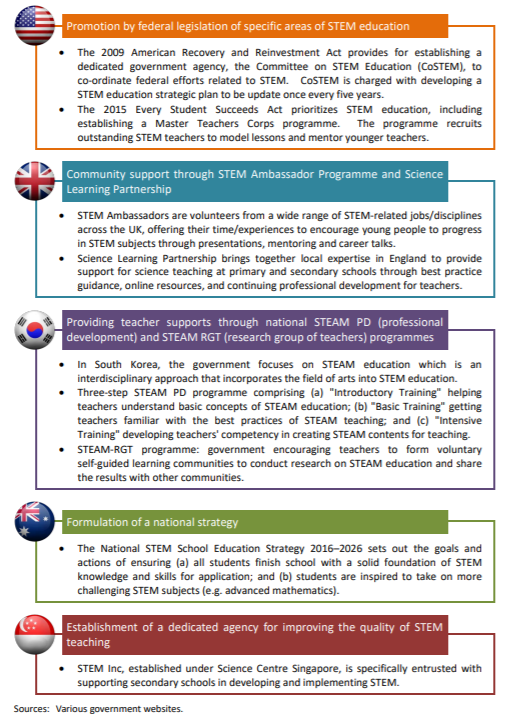
Excelling Online Effective Learning Tips for Students
Introduction
In today’s digital age, online learning has become increasingly prevalent, offering students the flexibility and convenience to pursue their education from anywhere. Excelling in online learning requires more than just logging in; it demands effective strategies and habits to optimize the learning experience. Let’s explore some practical tips for students to excel in online learning environments.
Creating a Dedicated Learning Space
Establishing a dedicated learning space is essential for success in online learning. Choose a quiet, well-lit area free from distractions where you can focus on your studies. Set up your workspace with all the necessary materials, including a reliable internet connection, computer, notebooks, and textbooks, to create an environment conducive to learning.
Setting Clear Goals and Expectations
Setting clear goals and expectations is crucial for staying motivated and on track in online learning. Define your academic goals, both short-term and long-term, and break them down into manageable tasks. Establish a schedule for completing assignments, studying for exams, and participating in online discussions, and hold yourself accountable for meeting deadlines.
Managing Your Time Effectively
Effective time management is essential for balancing coursework, personal responsibilities, and other commitments in online learning. Create a weekly or monthly schedule outlining your academic tasks, work obligations, and leisure activities. Prioritize your tasks based on deadlines and importance, and allocate specific blocks of time for studying, attending virtual classes, and completing assignments.
Actively Engaging in Online Discussions
Active participation in online discussions is an integral part of the learning experience in online courses. Take advantage of opportunities to interact with your peers and instructors through discussion forums, chat rooms, and virtual meetings. Share your thoughts, ask questions, and contribute to meaningful conversations to deepen your understanding of course materials and connect with your classmates.
Seeking Help When Needed
Don’t hesitate to seek help when you encounter challenges or have questions in online learning. Reach out to your instructors, academic advisors, or classmates for assistance and clarification on course content or assignments. Take advantage of online resources such as tutorials, webinars, and academic support services offered by your institution to enhance your learning experience.
Staying Organized and Prepared
Staying organized and prepared is essential for success in online learning. Keep track of assignments, deadlines, and course materials using a planner, calendar, or digital organization tool. Review course syllabi regularly to stay informed about course requirements, expectations, and grading criteria. Prepare for virtual classes by reviewing lecture notes, readings, and assignments beforehand to maximize your learning during class sessions.
Practicing Self-Discipline and Motivation
Maintaining self-discipline and motivation is key to succeeding in online learning. Develop a routine for studying and attending virtual classes, and stick to it consistently. Stay motivated by setting milestones, rewarding yourself for achievements, and visualizing your academic goals. Stay focused on the bigger picture and remind yourself of the benefits of earning your degree or achieving your educational objectives.
Utilizing Technology Tools Effectively
Technology plays a vital role in online learning, so it’s essential to utilize technology tools effectively. Familiarize yourself with the online learning platform used by your institution and explore its features and functionalities. Take advantage of tools such as video lectures, interactive quizzes, and virtual labs to enhance your learning experience and engage with course materials effectively.
Practicing Active Learning Strategies
Active learning strategies are essential for retaining information and deepening your understanding of course materials in online learning. Actively engage with course content by taking notes, asking questions, and making connections between concepts. Seek out additional resources, such as textbooks, articles, and videos, to supplement your learning and gain a more comprehensive understanding of the subject matter.
Fostering a Supportive Learning Community
Building a supportive learning community is invaluable in online learning, where students may feel isolated or disconnected from their peers. Participate in group projects, study groups, or virtual study sessions to collaborate with your classmates and exchange ideas. Foster connections with your instructors and classmates through meaningful interactions and mutual support to enhance your learning experience.
Conclusion
Excelling in online learning requires dedication, discipline, and effective strategies to navigate the virtual classroom successfully. By creating a dedicated learning space, setting clear goals, managing your time effectively, actively engaging in online discussions, seeking help when needed, staying organized and prepared, practicing self-discipline and motivation, utilizing technology tools effectively, practicing active learning strategies, and fostering a supportive learning community, students can maximize their potential and achieve academic success in online learning environments. Read more about online learning tips for students



